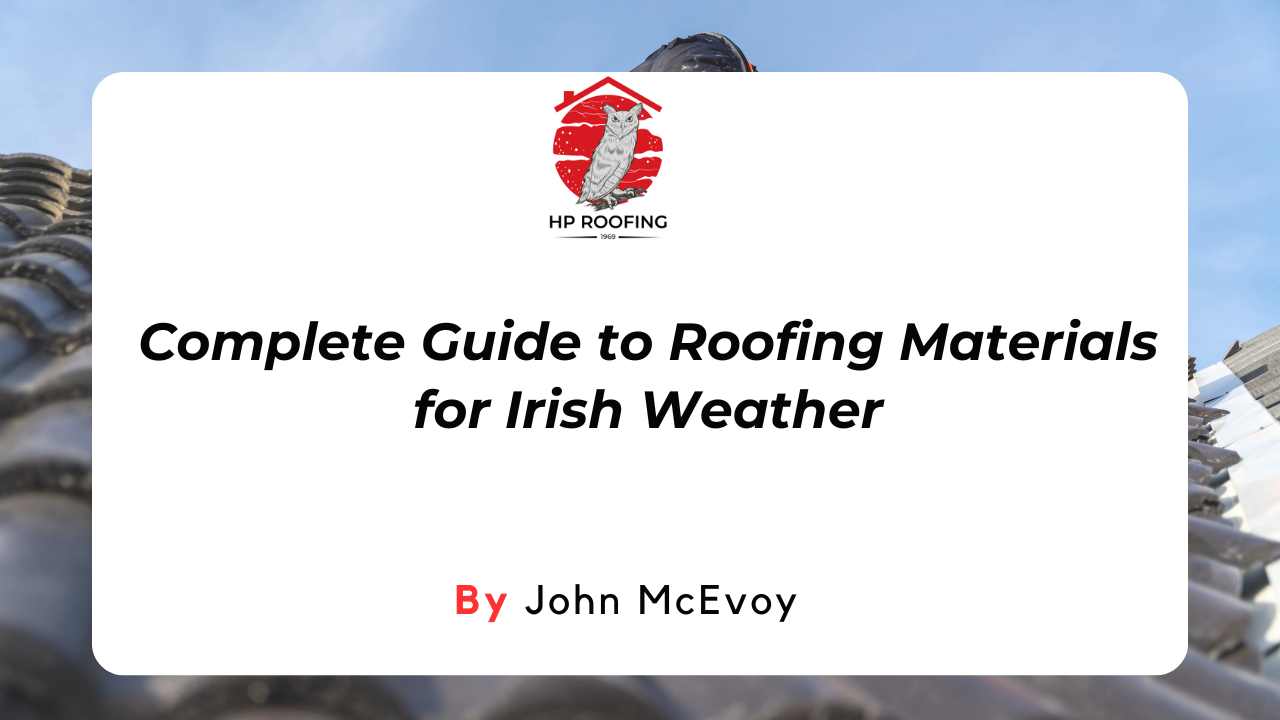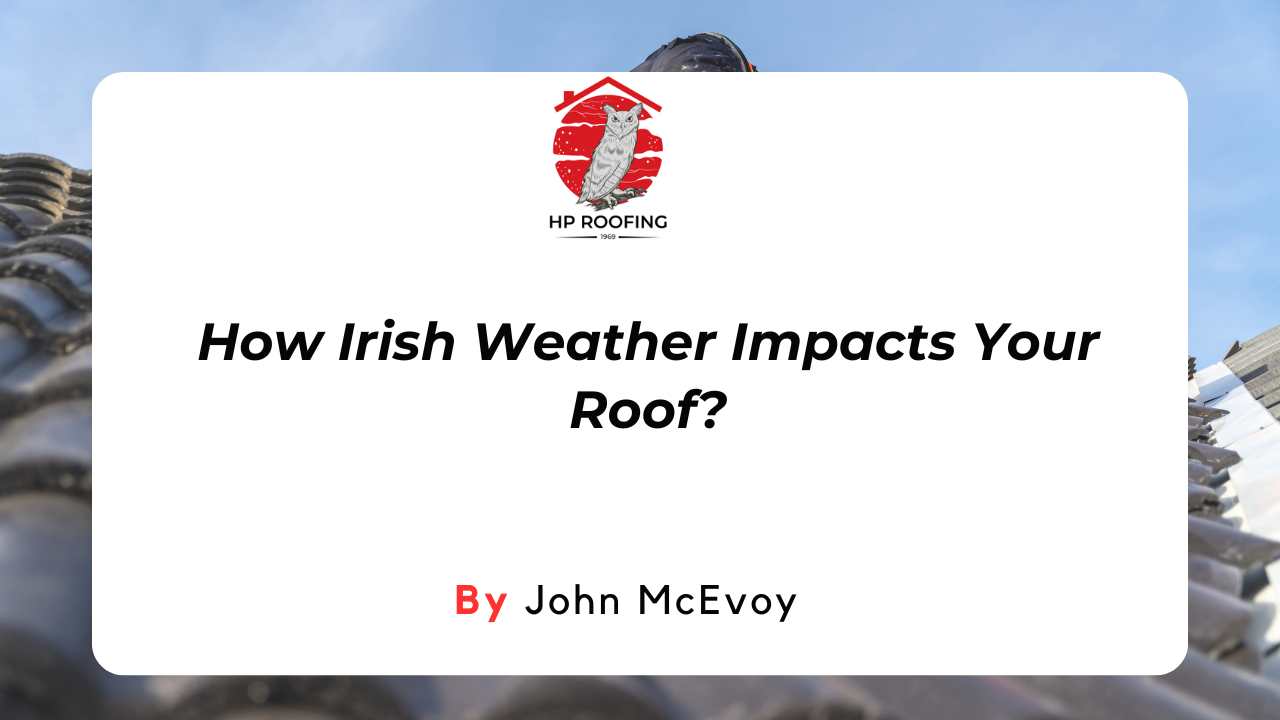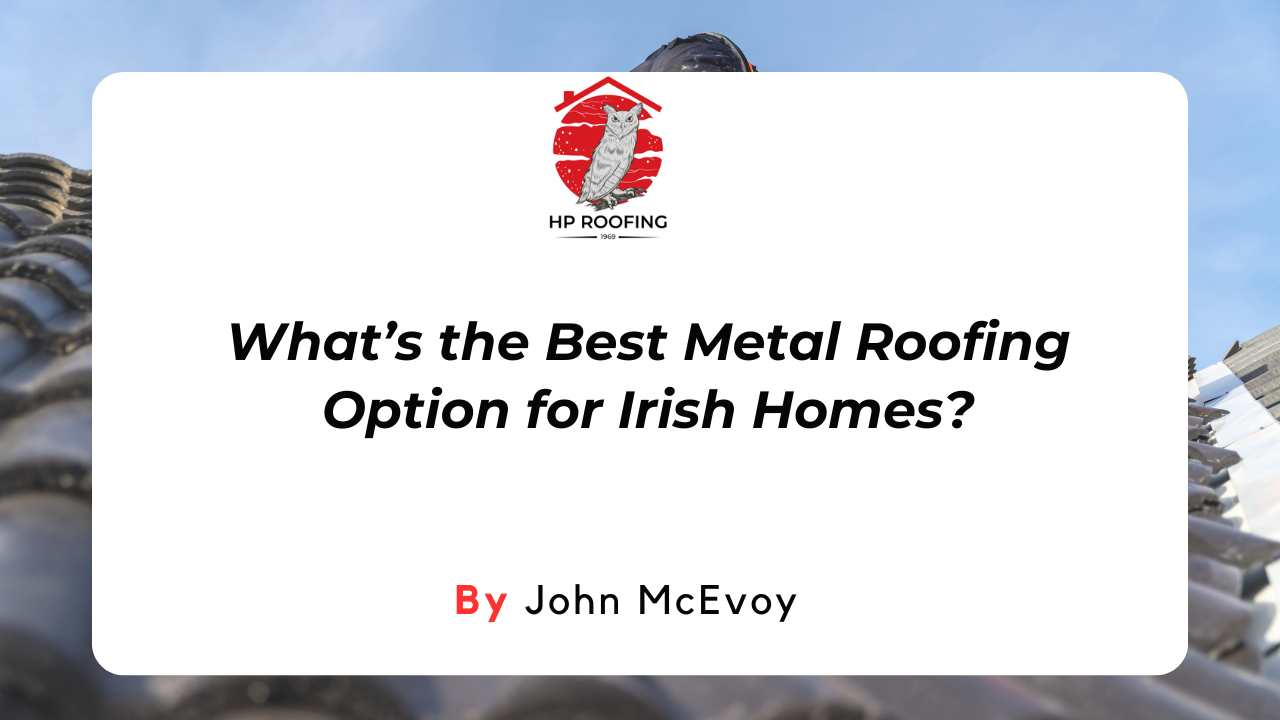Are you looking for a new roof for your commercial building? Do you want to know what are the best options available in the market? If yes, then you have come to the right place. Commercial roofing is a complex and challenging task that requires expertise, experience, and quality materials.
This blog post will explain what is the best commercial roofing material for different types of buildings, climates, and budgets and will also discuss the pros and cons of each material, as well as the factors that you should consider before choosing one.
Types of Commercial Roofing Materials
There are many types of commercial roofing materials available in the market, each with its own advantages and disadvantages. Here are some of the most popular ones:
Metal Roofing
Metal roofing is one of the oldest and most durable types of commercial roofing materials. It is made of metal panels or shingles, usually made of steel, aluminium, copper, or zinc. Metal roofing is resistant to fire, wind, and corrosion. It is also lightweight, easy to install, and recyclable.
Metal roofing can last for 40 to 70 years, depending on the quality and maintenance. However, metal roofing can also be expensive, noisy, and faded. It can also require regular painting and sealing to prevent rust and leaks.
Asphalt Shingles
Asphalt shingles are the most common type of residential roofing material, but they can also be used for some commercial applications. Asphalt shingles are made of asphalt, fibreglass, and mineral granules. They are available in different colours, styles, and sizes. Asphalt shingles are relatively cheap, easy to install, and versatile.
They can also provide good insulation and fire resistance. However, asphalt shingles are not very durable, as they can crack, curl, and lose granules over time. They can also be affected by algae and moss. Asphalt shingles can last for 15 to 30 years, depending on the quality and climate.
Single-Ply Membrane
A single-ply membrane is a type of synthetic rubber or plastic roofing material that is applied in a single layer over the roof deck. There are two main types of single-ply membranes: thermoset and thermoplastic.
Thermoset membranes are made of rubber compounds that cure into a permanent shape, such as PIB. Thermoplastic membranes are made of plastic polymers that can be reheated and reshaped, such as PVC.
A single-ply membrane is flexible, waterproof, and resistant to UV rays, chemicals, and punctures. It is also easy to install and repair. A single-ply membrane can last for 20 to 30 years, depending on the type and quality.
Built-Up Roofing
Built-up roofing, also known as tar and gravel roofing, is a type of multi-layered roofing material that is composed of alternating layers of asphalt or coal tar and reinforcing fabrics, topped with a layer of gravel or mineral granules. Built-up roofing is one of the oldest and most reliable types of commercial roofing materials.
Furthermore, it is durable, waterproof, and fire-resistant. It can also provide good insulation and soundproofing. However, built-up roofing can also be heavy, messy, and smelly. It can also require a lot of maintenance and repairs and be likely to cracking and blistering. Built-up roofing can last for 20 to 40 years, depending on the number and quality of layers.
Modified Bitumen
Modified bitumen is a type of asphalt-based roofing material that is modified with polymers, such as SBS or APP, to enhance its performance and durability. Modified bitumen is similar to built-up roofing, but it is applied in rolls rather than layers. Modified bitumen is flexible, waterproof, and resistant to weathering and ageing.
It can also provide good insulation and reflectivity. However, modified bitumen can also be costly, difficult to install. It can also require regular coating and sealing to prevent oxidation and leaks. Modified bitumen can last for 20 to 30 years, depending on the type and quality.
How Do You Choose the Best Commercial Roofing Material for Your Building?
The choice of best commercial roofing material depends on various factors, such as:
The Type and Size of Your Building
Different types of buildings have different roofing needs and preferences. For example, a warehouse may prefer a flat roof that can accommodate heavy equipment and machinery.
Similarly, the size of your building can affect the cost, durability, and efficiency of your roofing material. For example, a large building may benefit from a metal roof that can cover a large area with minimal seams and joints, while a small building may opt for a shingle roof that can provide a more economical and easy-to-install option.
The Climate and Location of Your Building
The climate and location of your building can also influence your roofing material selection. For example, a building in a hot and sunny area may need a roofing material that can reflect heat and prevent overheating, such as metal or SPR, while a building in a cold and snowy area may need a roofing material that can withstand low temperatures and heavy snow loads, such as BUR or MBR.
The Budget and Maintenance of Your Building
The budget and maintenance of your building can also play a role in your roofing material decision. For example, a building with a high budget may afford a more expensive and durable roofing material, such as metal or green, while a building with a low budget may settle for a cheaper and less durable roofing material, such as asphalt or SPR.
Similarly, a building with a high maintenance capacity may choose a more complex and demanding roofing material, such as green or MBR, while a building with a low maintenance capacity may choose a more simple and easy roofing material, such as shingle or BUR.
Conclusion
To wrap up, selecting the ideal commercial roofing material is essential for your building's protection and aesthetic. From durable metals to eco-friendly options, each material serves different needs based on climate, building design, and budget constraints. Understanding these factors is key to making an informed choice that ensures longevity and performance.
HP Roofing is your go-to expert for commercial roofing solutions, offering guidance and high-quality service customised to your project's specific requirements. Ready to invest in a roofing system that guarantees durability and visual appeal? Reach out to HP Roofing. Let us elevate your commercial space with a roof that stands the test of time.
















